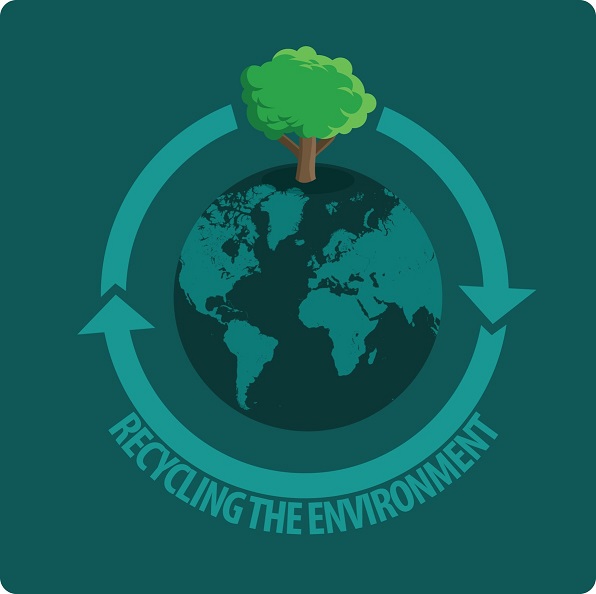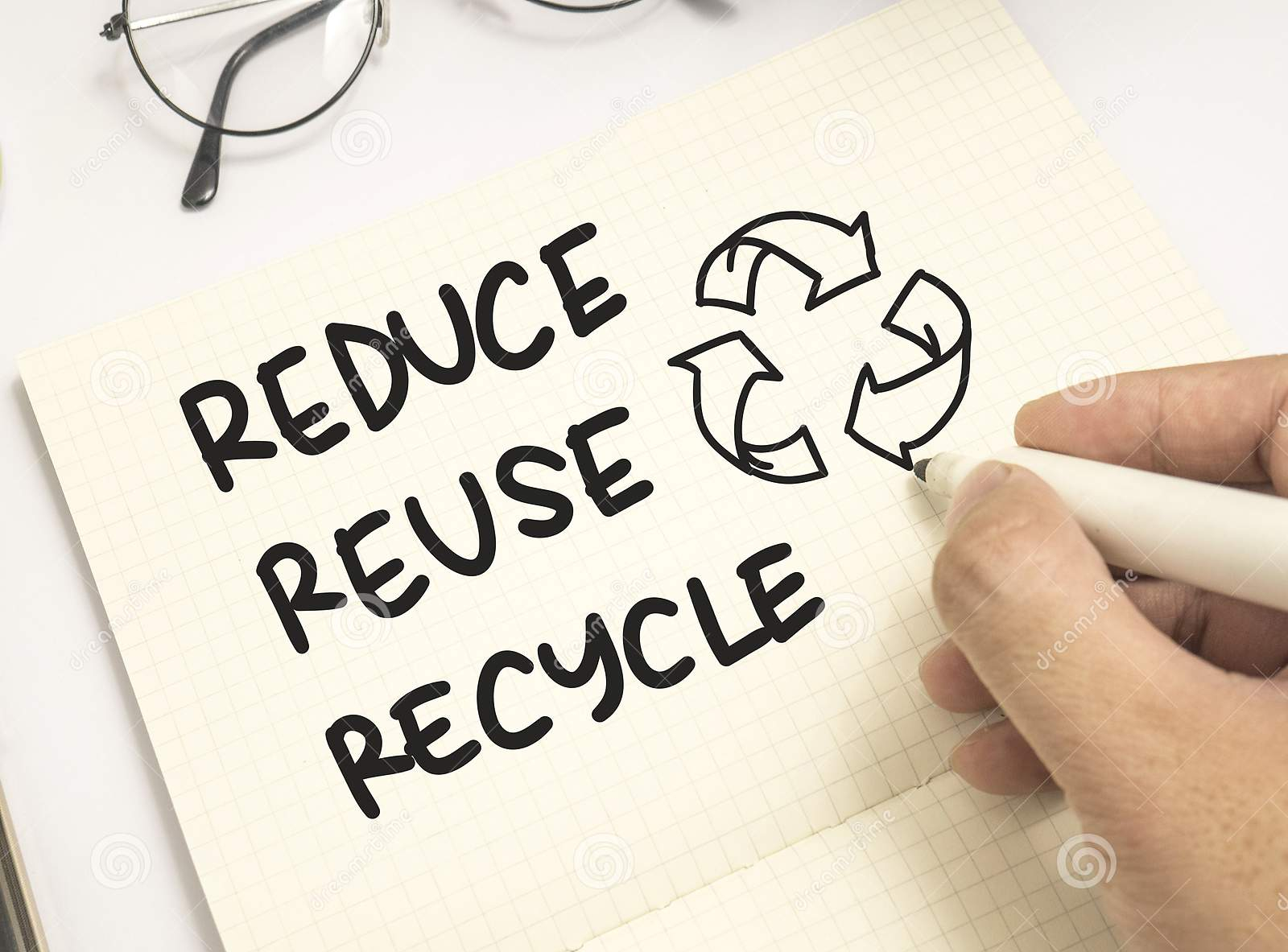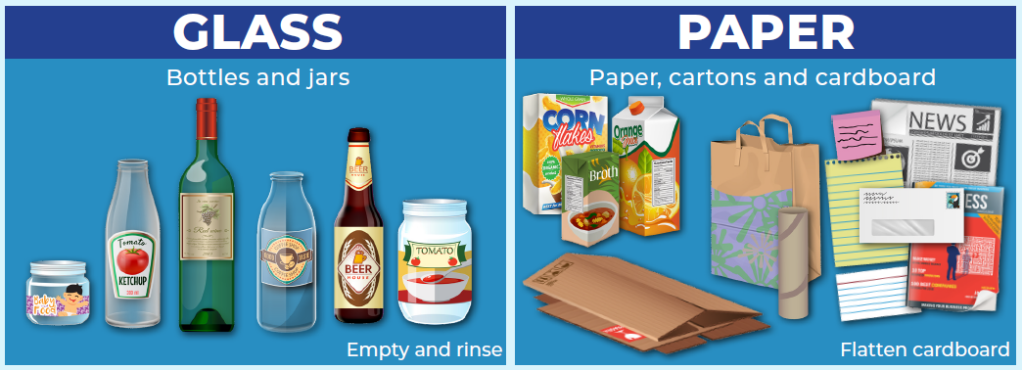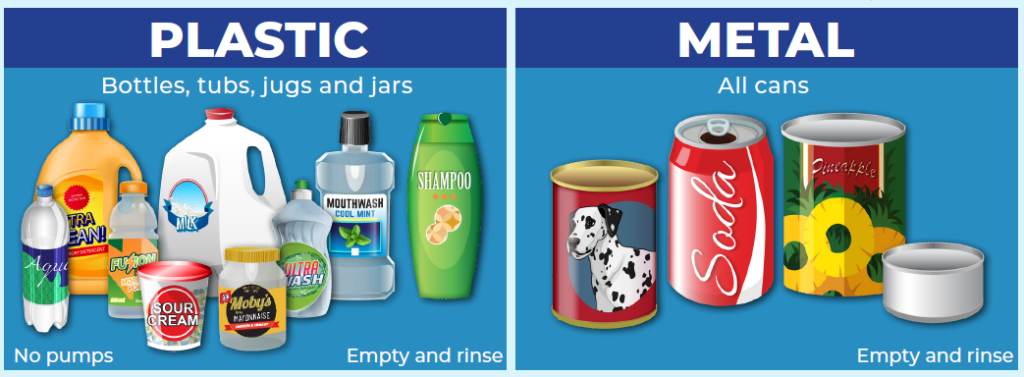As rightly said by Jeff Sanderson, “If you care about the environment and how it will affect the mankind, then recycling shouldn’t take a second thought“.
I have been working for over more 2 years in the field of energy management. Having realized the importance of energy management and how it affects the environment, I decided to start a section to cover “Energy and Environment” in this blog. Hence, this is the first post regarding environment, and after I got to know about the wonderful initiative NC State (my almamater) has taken in the field of recycling from my friend, I decided to throw some light in this respect.
We all have been reading and listening about the buzz word “Recycle”. It often goes along with two other words “Reduce” and “Reuse”. As per Environmental Protection Agency (EPA) definition “Recycling is the process of collecting and processing materials that would otherwise be thrown away as trash and turning them into new products“.
Benefits of Recycling
-> Recycling prevents pollution
Recycling conserves natural resources such as forests, water and minerals. As these are finite resources, we really need to preserve them for the next several generations to make use of them. When we recycle paper, we save lots of trees. When we recycle plastic, we reduce the demand for new plastic which is made using fossil fuels hydrocarbons. Due to less plastic production, we help the environment by reducing the carbon footprint and global warming. Recycling metals helps the environment by less extraction of new mineral ores and thereby less land pollution. Even recycling glass helps in less use of sand, which is often extracted from the river beds, and which affects the river flows, by not only causing water pollution, or drying up of rivers sources, but also tremendously affects aquatic life.
Recycling also plays a very important role in preserving the marine life in oceans and seas. If the items especially e-waste, are dumped in the oceans, then it affects the marine life. As per Planet Green Recycle, each year across the world, anywhere from 20 to 50 million tons of electronics becomes e-waste, and only 11-14% of e-waste is sent to recyclers in the United States. Much of our e-waste ends up traveling to countries with less regulation, so they can dispose of the e-waste either by burning or dumping in oceans. One reason for this is that the United States is the only developed country in the world to never ratify the Basel Convention, which at first controlled, and then outright banned, exporting hazardous waste to poorer countries. Today, the Pacific Ocean has become one of the largest dumping ocean on the planet. There’s a floating, moving trash pile, alternately known as the Pacific Trash Vortex or the Great Pacific Garbage Patch, that’s literally Texas-sized. That’s the negative impact we’re having on our environment right now. Hence recycling will help in reducing this adverse impact on the oceans.
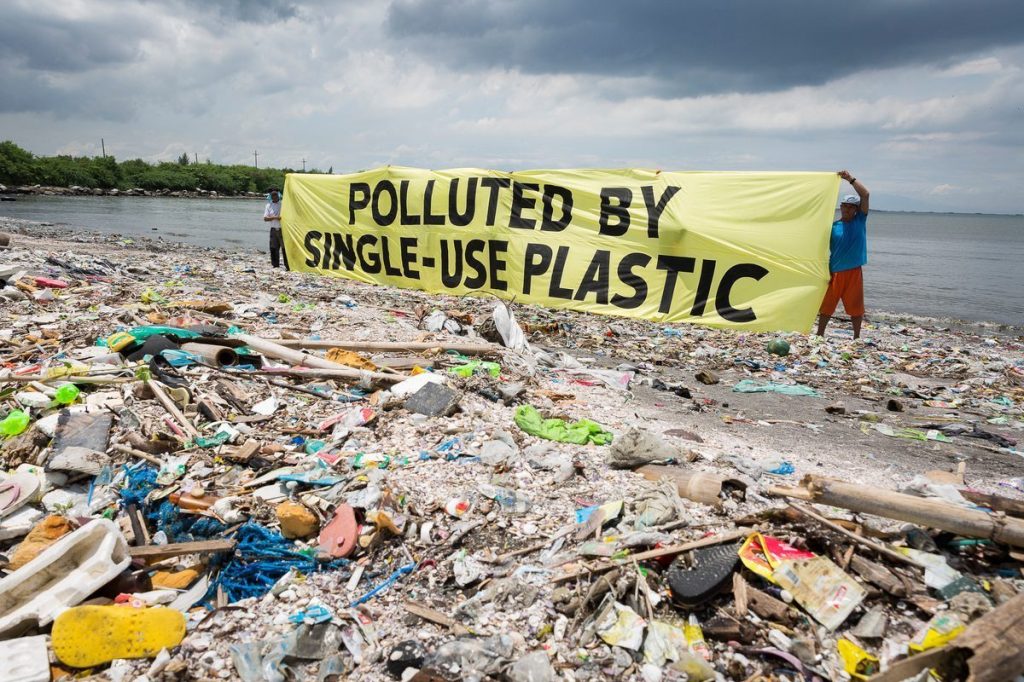
-> Recycling saves energy
Making products from recycled materials requires less energy than making them from new raw materials. As per Friends of the Earth,
- Producing new aluminium from old products (including recycled cans and foil) uses 95% less energy than making it from scratch. For steel it’s about a 70% energy saving.
- Making paper from pulped recycled paper uses 40% less energy than making it from virgin wood fibres.
- The amount of energy saved from recycling one glass bottle could power an old 100-watt light bulb for 4 hours and a new low-energy LED equivalent for a lot longer.
Along with reducing use of energy, it produces lower carbon emissions. It also keeps potentially methane-releasing waste out of landfill sites. As per ecocycle, making copy paper from 100% recycled content fiber instead of 100% virgin forest fibers reduces total energy consumption by 44%, net greenhouse gas emissions by 38%, particulate emissions by 41%, wastewater by 50%, solid waste by 49% and wood use by 100%.
Recycling helps in increasing the efficiency of manufacturing as it is cheaper to produce from recycled items, as compared to new raw materials. The cost related to processing, procurement and polishing the final product significantly reduces if recycled goods are used. Some of the common products you can find that can be made with recycled content include the following: Aluminum cans, Car bumpers, Cereal boxes, Egg cartons, Glass containers, Paper towels and Trash bags. Hence, with recycling, glass bottles become new glass bottles, steel cans are used in car parts and construction materials, and so on.
-> Recycling Creates Jobs
Recycling helps in creating large number of jobs. For every one job at a landfill, there are ten jobs in recycling processing and 25 jobs in recycling-based manufacturing. The recycling industry employs more workers than the auto industry. EPA released significant findings on the economic benefits of the recycling industry with an update to the national Recycling Economic Information (REI) Study in 2016. The study found that in a single year, recycling and reuse activities in the United States accounted for: 757,000 jobs, $36.6 billion in wages; and $6.7 billion in tax revenues.
NC State Recycling is involved in recycling the waste since 2001. The list of accepted materials includes plastics, metal, glass and paper.
While the below items are not accepted for recycling.
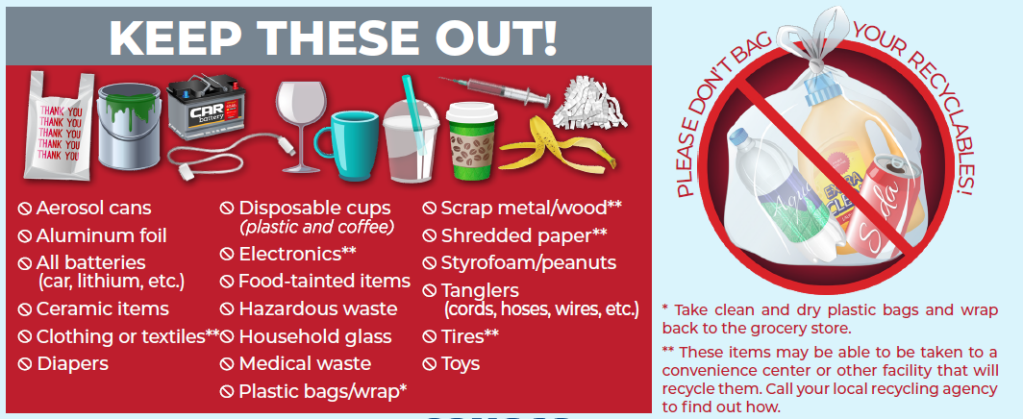
Thus, for preserving the environment by reducing water, land and air pollution, saving energy, increasing efficiency of the manufacturing processes, creating jobs and saving money, we need to encourage everyone to recycle as much as possible, instead of throwing them away after first use. With this, we conclude with Wendell Berry’s quote “The earth is what we all have in common“
